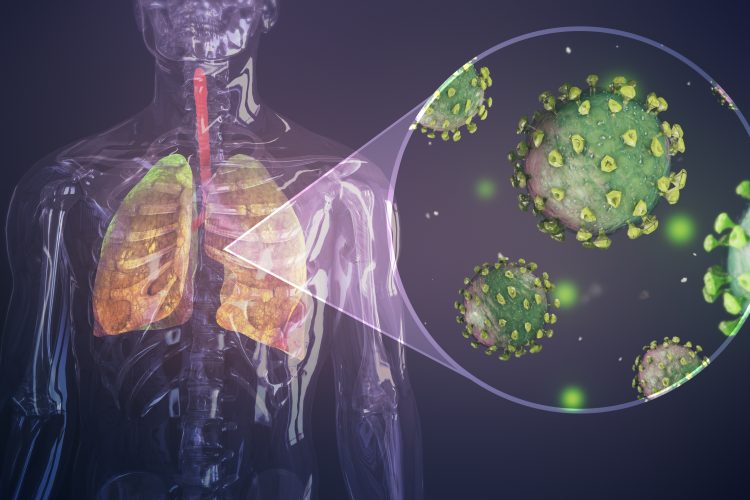Researchers to trial SNG001 therapeutic in COVID-19 patients
Posted: 23 March 2020 | Hannah Balfour (European Pharmaceutical Review) | 1 comment
Hospitalised patients in the UK will inhale the interferon beta 1a (IFN-β) formulation or a placebo to see if SNG001 is effective against the COVID-19 coronavirus.


Researchers have revealed they will be trialling an inhaled drug named SNG001 in 100 COVID-19 patients to see if the interferon beta 1a (IFN-β) formulation can prevent the coronavirus worsening in the most at-risk patients.
The trial will be led by Tom Wilkinson, Professor of Respiratory Medicine in the Faculty of Medicine at the University of Southampton and a consultant in respiratory medicine at University Hospital Southampton, both UK.
During the study, patients at the University Hospital Southampton and up to 10 other National Health Service (NHS) hospitals will receive the best current COVID-19 care while inhaling either SNG001 or a placebo over 14 days.
The study will be measured against World Health Organization (WHO) recommended assessments of illness severity”
SNG001 is a formulation of naturally occurring IFN-β, originally designed to prevent severe lower respiratory tract infections in the lungs caused by cold and flu. Previous research at Southampton has shown IFN- β to be lacking in the immune response of high-risk groups for COVID-19, such as the old or those with chronic disease, leading the researchers to decide the SNG001 therapeutic may work in coronavirus patients.
According to the team, SNG001 delivers extra IFN-β directly to the lungs, correcting the deficiency and counteracting viral strategies to evade the host’s immune defences by inhibiting natural IFN-β production.
Professor Wilkinson said: “COVID-19 is presenting a major challenge to vulnerable patients, the health service and wider society. Whilst a vaccine will be key, that could be some time away. Right now we need effective frontline treatments to give doctors the tools to treat the most vulnerable and to help patients recover quickly as the pressure on health systems mounts.”
Professor Wilkinson has partnered with Synairgen, a drug company founded by University of Southampton professors, to run the trial.
The study will be measured against World Health Organization (WHO) recommended assessments of illness severity and treatment intensity measures alongside standard assessments of safety, according to the researchers.
They stated that positive initial results from the 100 patient pilot phase could see the trial expanded to more hospitals. Professor Wilkinson stated that: “Having the trial adopted by the NIHR Respiratory Translational Research Collaboration is key to taking any positive findings forward as part of their efforts to accelerate discovery and development for COVID-19 and I am indebted to the support my collaborators are giving to get this study started.”
Phase II clinical trials in asthmatic patients have shown that SNG001 is well tolerated, enhances the lungs’ antiviral defences and improves lung function during cold or flu infection.
Related topics
Clinical Trials, Drug Delivery Systems, Drug Safety, QA/QC, Therapeutics, Viruses










I wonder if the article on the ability of IFNs to increase ACE2 receptors may mitigate against this working, as shown in https://www.cell.com/action/showPdf?pii=S0092-8674%2820%2930500-6 I quote below
. We identify ACE2 and TMPRSS2 co-expressing cells within lung type II pneumocytes, ileal absorptive enterocytes, and nasal goblet secretory cells. Strikingly, we discover that ACE2 is a human interferon-stimulated gene (ISG) in vitro using airway epithelial cells, and extend our findings to in vivo viral infections. Our data suggest that SARS-CoV-2 could exploit species-specific interferon-driven upregulation of ACE2, a tissue-protective mediator during lung injury, to enhance infection.